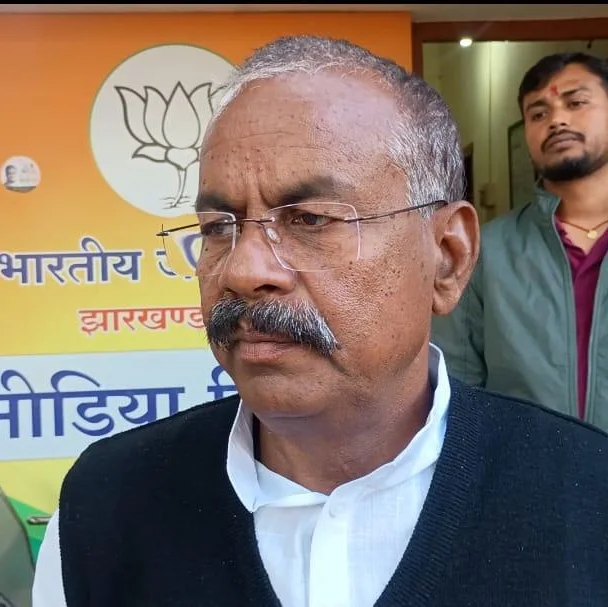In a recent development, Janardan Paswan, an elected official representing the Lok Janshakti Party (LJP), publicly announced his strong connection to the Bharatiya Janata Party (BJP). This declaration is especially notable because Paswan won his seat in the Jharkhand assembly elections as an LJP candidate. The BJP did not put forward its own candidate in the Chatra constituency, the area Paswan represents. Instead, the party gave the seat to its ally, the LJP, during the last election.
The decision to allocate the Chatra seat to the LJP came after LJP leader Chirag Paswan pushed for at least one seat in Jharkhand. This request was made to show unity among the National Democratic Alliance (NDA), a political group that includes both the BJP and LJP. Consequently, the BJP nominated Janardan Paswan as the LJP candidate for the Chatra seat. Sources suggest that the decision was driven by a combination of “love, affection, and pressure.” However, Paswan’s recent statement implies a deep allegiance to the BJP, despite his LJP affiliation.
Paswan’s admission has raised important questions about the current political landscape. His statements directly challenge the apparent stability of existing political alliances. Furthermore, this situation also sheds light on the often-hidden negotiations that help determine electoral strategies. This surprising declaration, from a politician nominated by one party yet expressing loyalty to another, adds complexity to the political scenario.
This situation may have significant future implications for Jharkhand’s political environment. The tensions within the coalition and the possibility of shifting allegiances are important factors. The LJP’s Paswan stating his “heart is with the BJP,” shows how complicated political relationships can be, highlighting potential divisions that could impact future political decisions and alignments. It is certainly a development worth watching for those who follow Jharkhand’s political scene.
